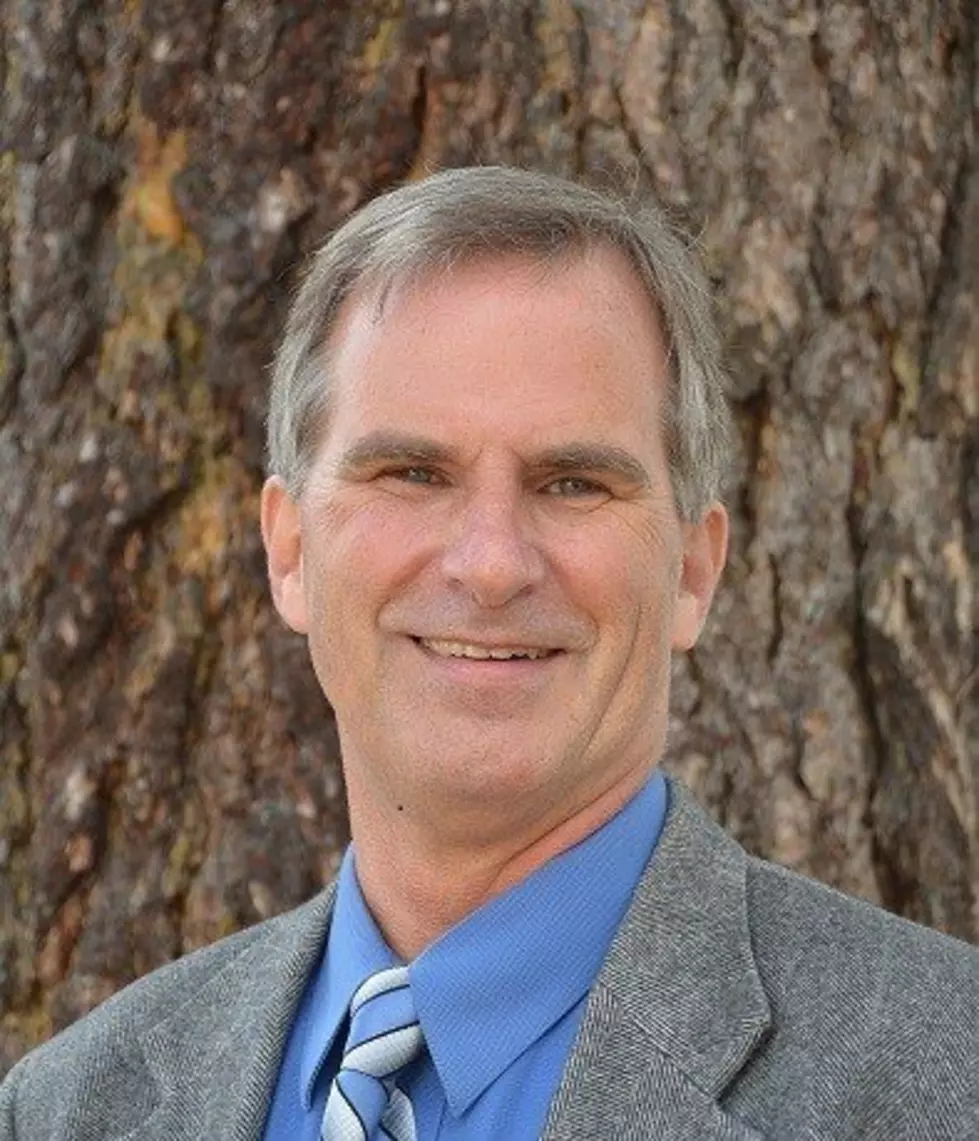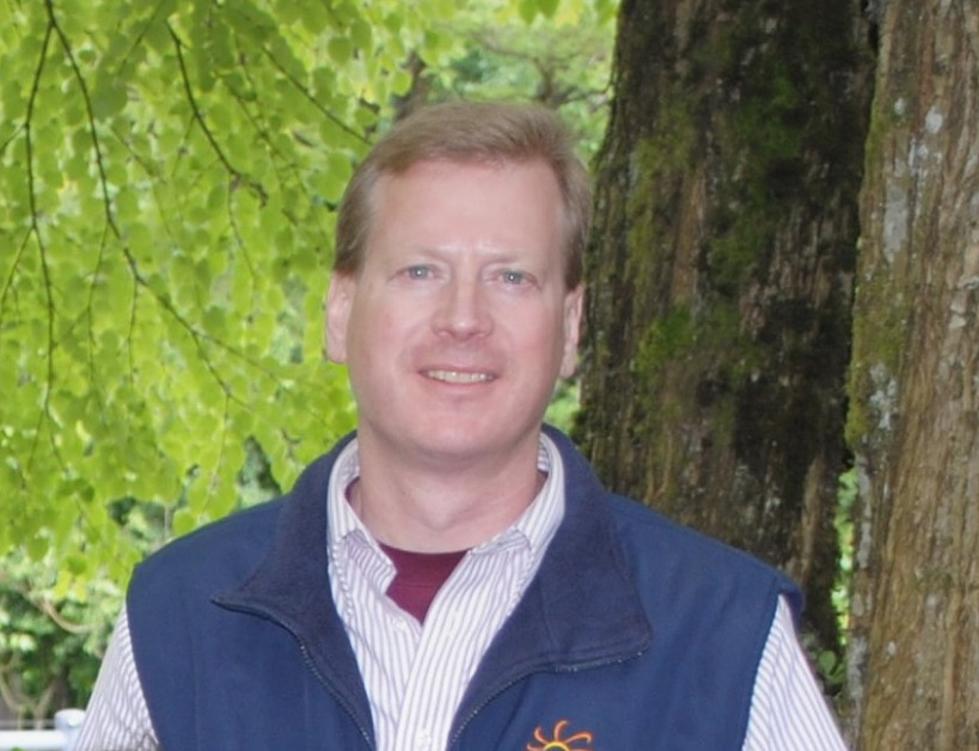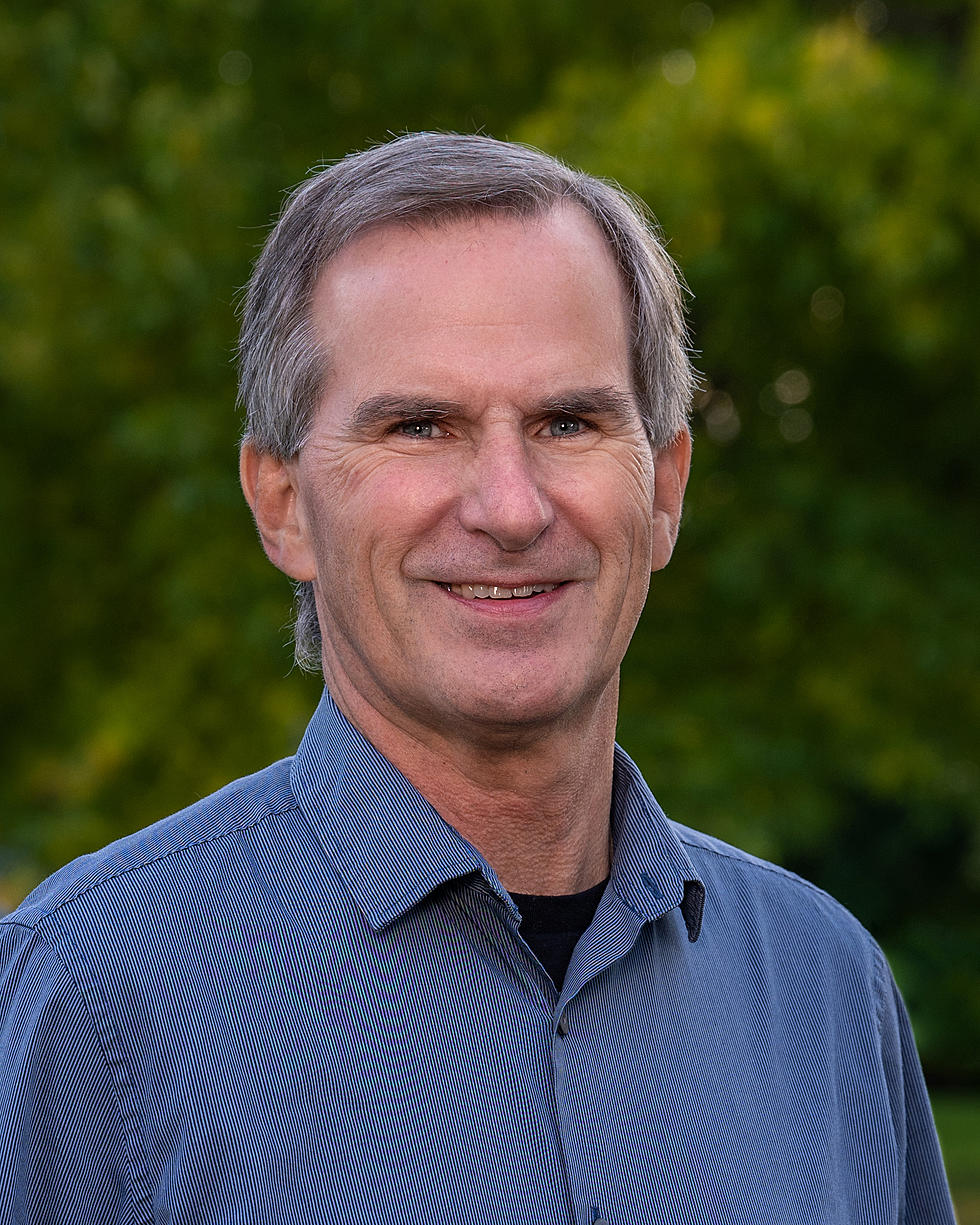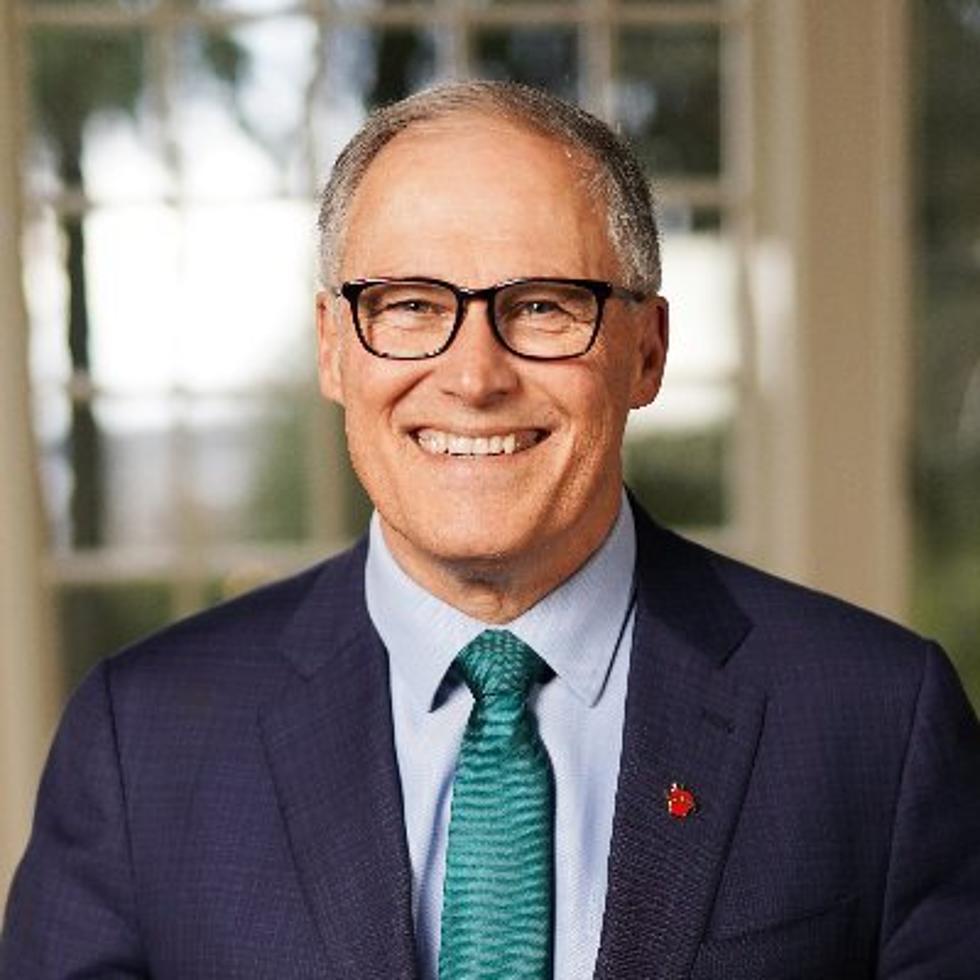
Q & A: Carl Florea Seeking Another Term as Leavenworth Mayor
Leavenworth Mayor Carl Florea is seeking re-election to another term and recently visited KPQ's Agenda Program to discuss his campaign.
KPQ: What prompted you to seek another term? Do you feel like there's unfinished business?
Carl Florea: There's definitely unfinished business. As you know, I'm keeping Leavenworth a working community and providing for workforce housing and it's really a key piece to why I got in the race to begin with and why I ran. Of course COVID knocked about two and a half to three years out of my first term and didn't really give me a chance to get very far along. So, I've still got the energy. I've still got a commitment. And so I want to keep working on those tasks.
KPQ: What was your background before you decided to run for office?
Carl Florea: Well, professionally, I'm a Lutheran pastor. I came in there as a Lutheran pastor, founded Upper Valley Mend, a nonprofit to help people in need and did affordable housing. The last affordable housing done in Leavenworth was done by the Community Land Trust, permanently affordable homeownership that I was actually the developer and general contractor on and that was back in 2007 was the second of those. And then there's just been a dearth of of housing for the workforce since that time, and that's kind of what compelled me. I've been engaged in the community. I've been on the the City Council in the past. I've been on school board in the past, Planning Commission. I've always been engaged in the community, community is a passion so you know when it came to time to look at getting back into the mayor's position, it just seemed like the place where maybe I could have the best impact.
KPQ: Please give examples of how Leavenworth is serving business and residents needs in a responsive manner.
Carl Florea: Yeah, well, we take that responsiveness seriously. I mean, all of my current directors of different departments have an open door they'll meet with any resident. We don't silo ourselves or shelter ourselves. I myself, get out every week, out of city hall and say, Come and talk to me. Share your concerns, share your needs, and then we try to respond to those. We don't always get them the answer that they might want. I know my opponent was frustrated with City Hall and felt like we weren't being responsive. The irony is that I would say his example of speeding on Pine Street, which is the street he lives on, he has mentioned as if he got no response from us, and I would actually cite it as one of those places that show how responsive we are. We met with him, Tom Wacholder, our public works director actually went out there at least a couple of times and met with him to walk the street with him talked about what we could do. He wanted us to ass another stop sign in and Tom just said, that's not the way you can deal with speeding, stop signs aren't meant for speeding, that's enforcement. So we did get the speed trailer out several times to try to get data for the sheriff's office. We contacted them to make sure that they were setting up their radar guns on a periodic basis. So to me, it was an example of responding well to a community member's concerns, we gave more (attention) to that than then a lot. So I would just say that's to me, an example of both how much we tried to do, but also that sometimes, you just can't do what they would like to see done. I'll give you another example. In the business community, there is a lot of frustration over our paid parking. And not just that it's paid parking, but the difficulty that people have, using those parking meters and getting them to work. We've been frustrated and it frustrates the business community because people come in and they're not happy with it. You know, that's, that's another area where we are responding. It just takes time because we've got, you know, a huge investment there that we need to work through how to get those to be working units and get that solution. But we are committed to it and if it means eventually that we have to look at a completely different alternative, I mean that's something that we will do.
KPQ: Will parking ever return on Front Street? What's the plan there?
Carl Florea: No, there's no current plan to return. You know, what we are doing is a study to see where we could replace that (parking) with and look at a parking garage along in close to that downtown area that could provide even more parking than what's shut down because of the closing of Front Street. So we're, we are aware that we need to do more and again, that's in a process. We do move by the speed of government and that's not always as quick and nimble as people would like. But we are moving.
KPQ: What are your priorities if elected to another term?
Carl Florea: I want to keep Leavenworth a functioning working community and not just a resort. We're going in the direction of just becoming a tourism resort or a second home. You know, almost 40% of our homes are now second homes. That's not sustainable for a community. You know, it changes the whole character in nature. So I want to make sure we can house some of our workforce. We're not going to house them all, but if we can house some of our workforce. Then other priorities, I have environmental priorities, with climate change, we've got to be aware of that. We're looking at replacing our surface water plant on the Icicle with with more ground wells to leave more in the actual river for the fish, for the wildlife, leave it in the stream itself, the Icicle. Another one is infrastructure. People say that our roads are the worst and they are, they're the third worst graded roads in in the state. The problem is, you don't want to rebuild those roads over poor infrastructure underneath so we need to take care of both. In the past, my street West Street is a perfect example where they rebuilt the street, put in a proper base underneath of gravel and drainage and took care of the whole street and did it properly. The problem is they did it over very poor infrastructure and it's got a bunch of holes where they've had to tear up and fix the pipes and do temporary fixes and things so eventually that's going to have to be redone. We don't want to keep going down that pathway of you know, putting lipstick on a pig if you would, we want to fix the whole thing.
KPQ: Did they know that was the mayor Street?
Carl Florea: No, I wasn't (Mayor) when it was done. It was before I got involved in any of that that it was done. So it's been a number of years when it was done, but the point is that the infrastructure needs to be dealt with at the same time that you rebuild the street and that's two different funding sources. So it'll take a little longer to get those done, but there'll be done right and they won't be wasting money. But in the meantime, we are looking at kind of quick fixes that would get by us some time and fix the worst of those streets, but without doing complete street rebuilds until we can do it right.
KPQ: So you mentioned that you may be able not to be able to do all the work force housing necessary for a the important service industry in Leavenworth. What is your vision for more workforce housing, how do you how do you want council to proceed?
Carl Florea: We're working right now with the housing authority to get some below market rate rentals. There's only 24 of the Bavarian village apartments that were created, at least 30 or 40 years ago, the last rental units that were below market rate. And we've got market rate rentals that have gone in with Leavenworth House behind Safeway and the Widener Group that's doing some more of those units, but we don't have those lower income kind that, like you said, a lot of the workforce in a tourism economy needs something less than market in order to be able to live there. So we're working at that level. The other thing that's needed is first time homebuyer homes so that people aren't just stuck if you're going to be in Leavenworth. You don't have the opportunity to buy a home unless you're a millionaire or you're making a lot more money. Because all of that housing I mean, we've risen to $750,000 as a median home price and that's not what our wages, and that's not just hospitality, it's teachers, it's nurses, we've got the whole the workforce, basically of a working community requires that and so, I want to see us do more. Like I said, I created two 10 home, permanently affordable homeownership neighborhoods back in early 2000's, but nothing has been done since and we needed to do more of that. We've added 800 jobs, we're not going to get 800 units or 800 homes, but we can certainly do something. People love coming to Leavenworth because they love the community. It's the community feels welcoming and they they sense there's something special there and there really is, but if it's basically going to be empty, except for on weekends when people are visiting their second homes that's going to be a whole different feel to our guests as well. So it's going to be bad not only for the community but but for our business community as well.
KPQ: So what's a reasonable solution for maintaining neighborhoods? Folks that have lived there a long time and want that nice neighborhood feel but also for pwople that want to have a short term rental, or a B&B or or an ADU. So balancing all these property owner interests, how do you how do you navigate that?
Carl Florea: Yeah, and that's a tricky one. And I think that's one of the ones where probably I've gotten the most flak if you would, is the increase in the density by allowing, for instance ADU's can can go in as long as you've got enough land. It can go in any single family zone or any residential zone, you can put an ADU. What's driving that is the need for more housing and more housing types and, and in order to do that, if we're going to house our workforce, it's not going to be that old fashioned, single family home on a single family lot. Construction costs, infrastructure costs, all of those are just too high to be able to get those starter homes so we're gonna have to get more creative Cottage housing, townhomes that have zero lot lines or condos, some other types of houses that will enable us to house a workforce. Without doing that I'm afraid again, we're just going to hand over this quaint, cute little town to millionaires who will bid us out of our own market and be able to pay a lot more for those so it's it is a balancing act. We don't allow short term rentals but we do allow a few bed and breakfasts and we're we're looking at putting a cap on that so that again, it's it allows for some of that, just like the county had to deal with that issue. With a bed and breakfast. I'll have to say you do have a resident, you do have somebody that has to be there permanently. And that's the plus and the difference between a short term rental which we don't allow in our residential areas at all. We allow them in commercial only. So it is a balancing act and unfortunately the balance has to go, and the state realizes this too. They're mandating some of these changes. It has to go towards more opportunities, different types of housing than we're traditionally used to.
KPQ: How do you think your administration would serve your community better than your opponent?
Carl Florea: Well, you know, I'm not political enough to say that I'm better than somebody else or whatever. I actually was on the council when Rich was an administrator and we got along fine. I think probably there's most things that we might agree on. I do question, that he in in a lot of his statements he has said that he's not sure that Oktoberfest was an improvement to go the direction we did is he was ambivalent about whether it was better with the old or the new. And to me, I questioned his being in tune with the community because I get overwhelming response that they prefer the new and not the larger one that was run by project Bayern. So that's the only thing I would say is that maybe that's not a good reflection of being in touch with the community. But otherwise, I think we would agree on quite a few things.
KPQ: What concerns you or keeps you up at night about Leavenworth's future that you really want to address?
Carl Florea: I think it goes back to I don't want to see us just being a resort. I raised my family there. I want other families to be able to be raised there and I see the writing on the wall is without intercepting and coming up with ways that we can, again, keep a workforce there. We're going to just lose that community. And that's, you know, that's I think, would have to be my number one heartache. The other one is is you know, we get so many tourists that I think there's a way that we need to figure out how to keep keep the beauty there without loving it to death. So, I think we've seen some degradation going on and how do we how do we manage that? And, and do better both educating our guests and maybe in some instances limiting them, limiting the numbers that you know that get to go on the trails or on the river? So I think those are two of the areas that I'm concerned most about.
KPQ: For voters that are considering the Leavenworth mayor's race. Why vote for Carl Florea for mayor.
Carl Florea: Well, again, if you like a community that's whole and it's diverse, it has all income levels all ages, all of that, you know, again, you won't find somebody that's going to fight harder to keep that diverse community.
Read More on this race
Q & A: Richard Brinkman Candidate for Leavenworth Mayor
The General Election is November 7th and mail in ballots are due back postmarked by Election Day or deposited in a ballot drop box by 8pm. No postage is required to return ballots by U.S. mail.
More From NewsRadio 560 KPQ









